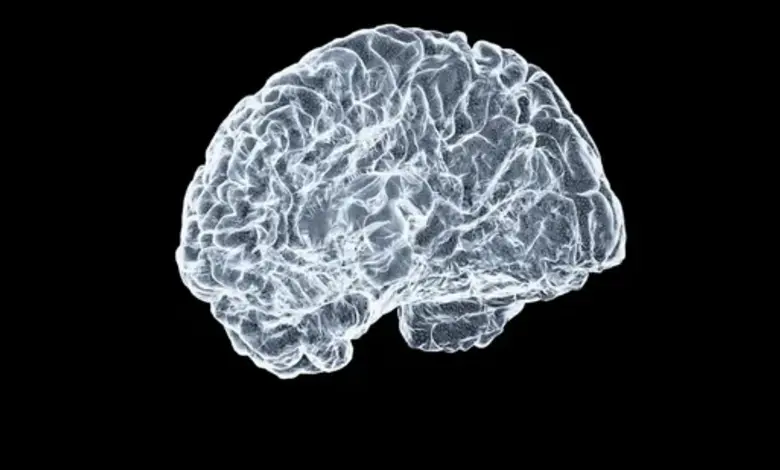Monsoon Surge in Mumbai: Brain-Damaging Tapeworm Infections on the Rise

Mumbai is grappling with a heightened risk of neurocysticercosis, a severe brain infection caused by pork tapeworm larvae, as monsoon flooding and poor sanitation create ideal conditions for its spread. The infection, triggered by Taenia solium, is transmitted through contaminated food or water, particularly undercooked pork or unwashed produce, with risks amplified during the rainy season due to flooding and hygiene challenges.
The infection begins when tapeworm eggs are ingested, leading to taeniasis, an intestinal condition. If untreated, larvae can migrate to various tissues, including the brain, forming cysts that cause neurocysticercosis. This advanced stage can result in serious neurological complications, such as seizures a leading cause of late-onset epilepsy in India severe headaches, confusion, and, in extreme cases, permanent brain damage. Children and individuals with compromised immune systems are particularly vulnerable.
A neurologist emphasized the importance of timely medical intervention, stating that persistent headaches or seizures should prompt immediate evaluation to prevent irreversible harm. Diagnosis typically involves MRI or CT scans, followed by urgent medical treatment to manage symptoms and prevent long-term damage.
Flooding during the monsoon exacerbates the spread of contaminants, especially in areas with poor sanitation, making food and water hygiene critical. Many cases remain asymptomatic initially, but symptoms can emerge once cysts form in the brain, posing significant health risks.
Preventive measures include thorough washing of fruits and vegetables, ensuring pork is fully cooked, and consuming only filtered or boiled water. As Mumbai navigates the challenges of the monsoon, experts stress vigilance in maintaining hygiene to curb this dangerous infection.
